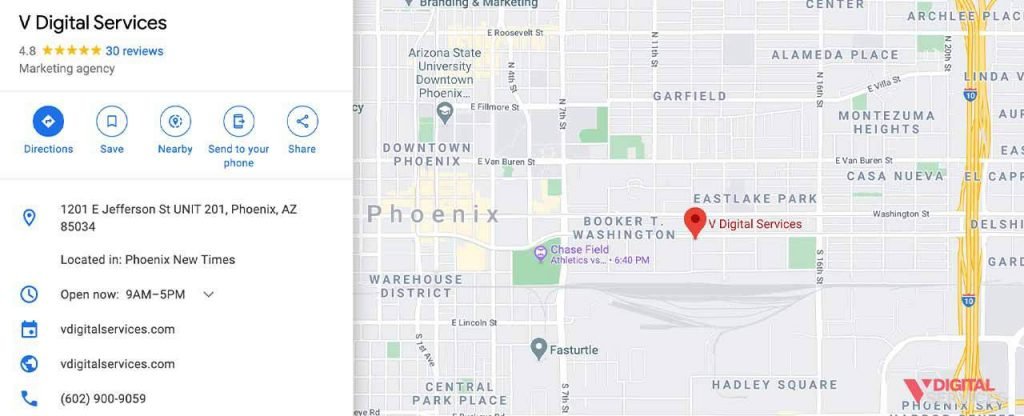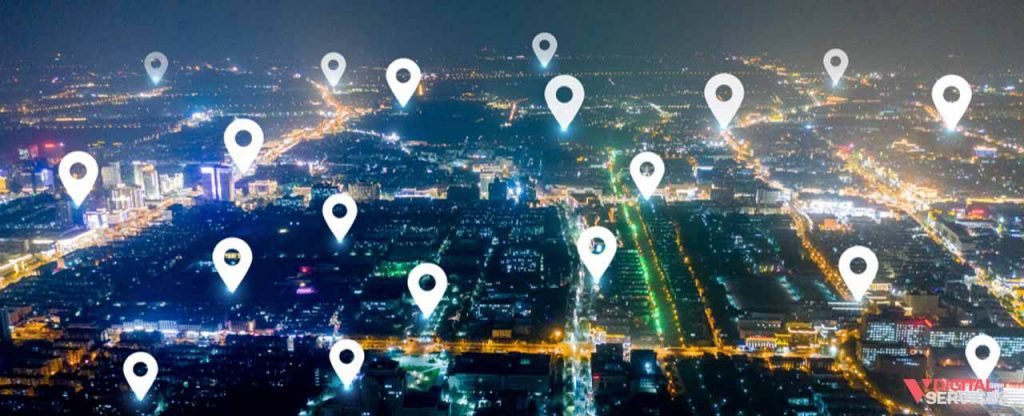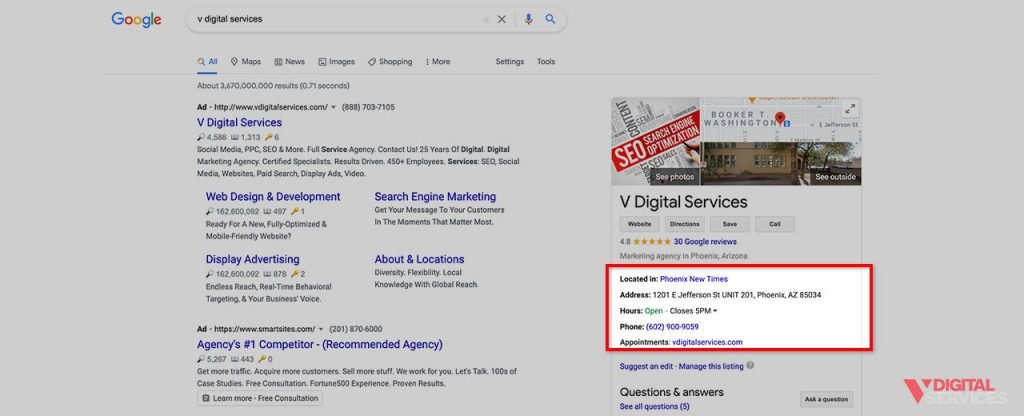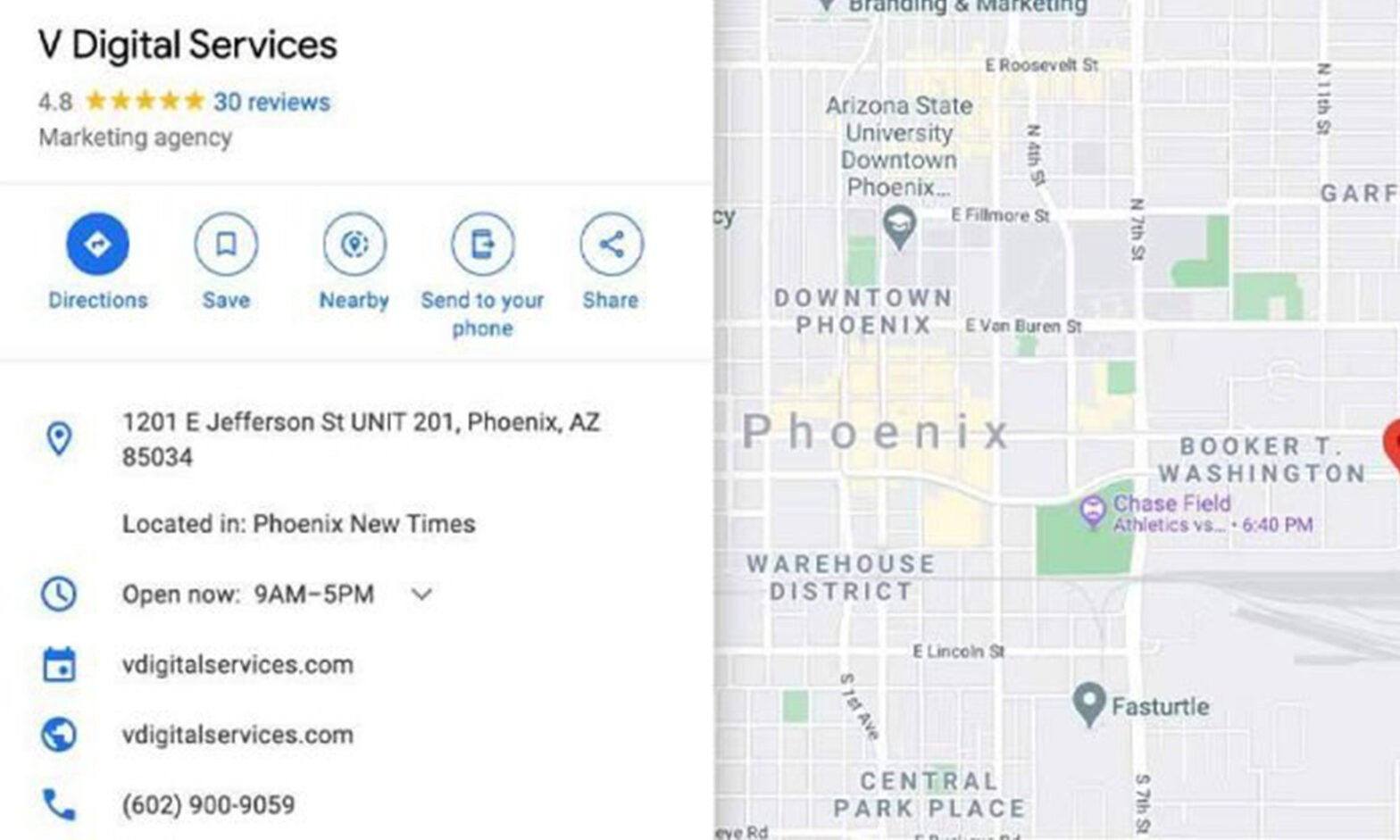For any business, bringing in customers is one of the ultimate goals – and the best way to do that is by harnessing the power of local SEO. When you understand how to optimize your website for local search, you can better reach the potential customers that are nearest you. Essentially, it puts your business in the right place at the right time.
Citation building is one of the cornerstones of a solid local SEO strategy and often one of the first places to start when you’re trying to establish your digital presence. But while the concept of citations is seemingly simple, there is no shortage of confusion surrounding its details. Unfortunately, this leads many business owners to either overthink tiny technicalities or abandon citation building altogether, neither of which is ideal.
If you’ve ever felt overwhelmed by the “dos and don’ts” of citation building, we’re here to show you just how easy it can be. In this guide to citation-building myths, we’re going to look at some of the most common misconceptions about citations, many of which are considered common knowledge – but are actually missing the mark. Once we clear up some of the misinformation out there, you’ll be ready to look at citations in an entirely new way.
What is a Citation?
First things first: what are citations? A citation is an online representation of your business’s NAP (Name, Address, Phone Number) information placed in a directory, article, or advertisement.
It’s the most basic contact information for your business, providing potential customers with an easy way to reach out. And because these details will be the ones referenced by both new and existing customers alike, it’s vital that they’re correct.
What are Google Map citations?
You’re most likely to hear citations discussed in the context of Google Maps, and by extension, Google Business Profile. For anyone learning how to cite, Google Maps is considered the gold standard of local SEO. A Google Maps citation is simply the listing that contains your NAP information, as noted on Google Maps.
 These citations are particularly important because Google is a go-to site for search queries of all types. If an online user is searching for your type of business in your geographical area, the odds are high that they will be using Google.
These citations are particularly important because Google is a go-to site for search queries of all types. If an online user is searching for your type of business in your geographical area, the odds are high that they will be using Google.
Local SEO gets a valuable boost when your listing appears within what is referred to as the “Google Maps Pack.” These are the small number of listings that Google displays in response to specific search queries.
Why are Citations Important for Local SEO?
Local SEO citations are focused on improving your business’s visibility and rankings in Google’s local search results and/or Google Maps. Citations are like virtual business cards, which you can ensure are strategically situated throughout the digital landscape to help customers find you. Accurate, widely distributed citations carry more weight in search engine results, while the reverse can actually damage your rankings.
The 7 Citation Building Myths Plaguing Local SEO
Since the SEO space is always evolving, what was a well-respected principle yesterday may be old news today. So, it’s not uncommon to hear outdated ideas or myths from fellow business owners and SEO experts alike, which can make it especially challenging to know how to approach your SEO strategy.
We’re not strangers to misconceptions and myths, particularly because we pride ourselves on staying up-to-date on the latest shifts in SEO. In our experience, there are a handful of myths about citation building that seem to come up the most frequently (seven, to be exact).
We’ve put together a list that covers these myths – and their respective truths – so you can reorient your understanding of citation-building best practices. And, of course, if you’ve been basing your SEO efforts off of one or more of these myths, there’s no shame in that. It’s not necessarily your job to stay ahead of the citation curve, but it is ours. That’s why we’re here to share our knowledge and help you take small steps toward achieving big digital marketing goals.
Now, let’s dive in!
Myth 1: If you find citations that don’t contain your suite number, fix them as soon as possible.
Did you know that for most GBP listings, Google doesn’t even recognize the suite numbers? You might be entering your suite number in the Google MapMaker field, but it’s likely getting eliminated. Instead, Google hones in on the location marker of your business.
So, if you’ve been stressing over suite numbers, you can breathe easily. It’s such a tiny, inconsequential discrepancy in your citation that it will have no impact on your ranking overall, assuming the rest of your information is on target.
Myth 2: Minor differences in the name of your business across various citations is a serious issue.
There’s a reason that Google is considered the king of all search engines, and it’s time to give credit where credit is due. It’s smart enough to understand that citations that contain business names with minute differences (for example, “State Farm: Sally Jones” and “Sally Jones State Farm”) are essentially the same thing. If it wasn’t capable of realizing this, can you imagine the mess of duplicate listings we would all be drowning in?
When Google triangulates the web data for a business, it uses three key points: name, address, and phone number. As long as the address and phone number are a clear match and the name is at least a partial match, Google understands that these citations are associated with the proper Google Business Profile listing.
Myth 3: When you do NAP cleanup, be ready to work on listings across hundreds of different websites.
This is one of the many myths that can make citation building seem so scary for business owners, when in fact, it’s barely a half-truth. If you have an SEO professional conduct a scan of incorrect citation data for your business, they might send you a list of hundreds of websites that need citation cleanup. Seeing that mile-long list can make you think that you’re tanking on Google at that very moment and that you need to invest serious time, energy, and money into a quick fix as soon as possible.
But in actuality, the reality of the situation isn’t quite that frightening. For example, let’s say that your listing on Local.com contains incorrect information. Because Local.com feeds data to hundreds of small directories, including local newspaper sites, a single error can quickly multiply. However, once you correct the mistake on Local.com, it will automatically filter down to all of the sites that are sourcing their information from there.
Beyond that, Google isn’t indexing these hundreds upon hundreds of smaller directory URLs simply because their content is exactly the same. So, not only is tackling these tiny corrections probably unnecessary, but it’s not even a good use of your budget or time.
Myth 4: You can cancel your automated citation service without a worry.
If you’re currently considering canceling your subscription to a service that provides automatic citations, you might want to reconsider. Companies such as Moz Local and Yext say they aren’t intentionally retaliating against customers who cancel, but it’s become apparent that some potentially undesirable consequences come up.
Upon closer examination, the way that automated citation services function could be why you see old and incorrect listings resurface after cancellation. The service acts as a “cover” of sorts that hides old listings from view, and once canceled, the cover comes off.
Of course, if you’ve determined that these subscriptions are no longer a savvy investment for your business, this information doesn’t need to stop you from taking action. Instead, just be aware that you may need to plan for some citation cleanup and manual citation building just in case, and you’ll be covered.
Myth 5: When it comes to link-building for local SEO, citations are all you need.
There’s no question that citations play a significant part as a backlinking strategy for ranking well for local SEO. But if they’re your only strategy, then you’re missing out on other opportunities to hold your own in highly competitive markets.
 Citation building is a foundational element in effectively raising your ranking, and having a core base of citations is vital in order to gain trust in the eyes of Google. But once you’ve completed citation building for the 50 or so most important sites, there are bigger and better ways to move your local SEO campaign in the right direction.
Citation building is a foundational element in effectively raising your ranking, and having a core base of citations is vital in order to gain trust in the eyes of Google. But once you’ve completed citation building for the 50 or so most important sites, there are bigger and better ways to move your local SEO campaign in the right direction.
Myth 6: You can ignore citations for unrelated industries if the phone number is the same.
Let’s say you’ve just opened a new restaurant, and it just so happens that your phone number is the same one that a now-defunct auto body shop in the area previously had. Assuming that the auto body shop was in business until recently, the chances are good that there are a number of listings that still exist out there that list your phone number under their NAP. Is it something that you need to be concerned about?
In contrast to what you may have heard, yes, it is. Google prioritizes the customer experience both online and in the “real world.” So, if users are finding the old listing, calling the phone number in search of an auto body shop, and being unpleasantly surprised when they reach a restaurant instead, Google sees it as a problem. This negative user experience can directly impact your trust score, which Google assigns. As a result, the algorithm downgrades your information as a whole – which is the exact opposite of your local SEO goals.
So, what can you do about it? It’s as simple as requesting that the incorrect listings for the auto body shop are marked as closed or removed from Google entirely.
Myth 7: Your Google Business Profile listing is a citation.
For this one, we’ll admit that we’re getting technical – but it’s a useful distinction to make. Your listing at Google (GBP) doesn’t really qualify as a citation and calling it that is technically a mistake in labeling.
 The word “citation” is based on the practice of citing sources in academic writing. When you carry that concept over to Google Business Profile and citations, it can help put things in perspective if you consider your GBP listing the academic paper you’re writing. All of your NAP listings are the sources that are citing your business, serving to support the strength of your Google listing. The better your sources, the more qualified and reliable your final product.
The word “citation” is based on the practice of citing sources in academic writing. When you carry that concept over to Google Business Profile and citations, it can help put things in perspective if you consider your GBP listing the academic paper you’re writing. All of your NAP listings are the sources that are citing your business, serving to support the strength of your Google listing. The better your sources, the more qualified and reliable your final product.
Learn How to Make Better use of Citations from V Digital Services
Like many SEO best practices, the best way to approach citation building isn’t set in stone. As the digital world changes, so should your strategies for SEO – but unless you’re an expert in the SEO space, it can be tough to keep up.
At V Digital Services, we work to simplify SEO and digital marketing for our clients, freeing you from the stress of strategizing while helping your business achieve its biggest goals. Our team is well-versed in SEO strategy and understands exactly how to connect you with the consumers that want and need your products and services. You’re the expert in your business, and we’re experts in digital marketing – together, we can take your business to the next level of success.
For more information about the biggest myths in SEO, as well as smart and simple ways to improve your local SEO, reach out to the V Digital Services team today.
Featured Image: Sammby/Shutterstock


 PREVIOUS
PREVIOUS